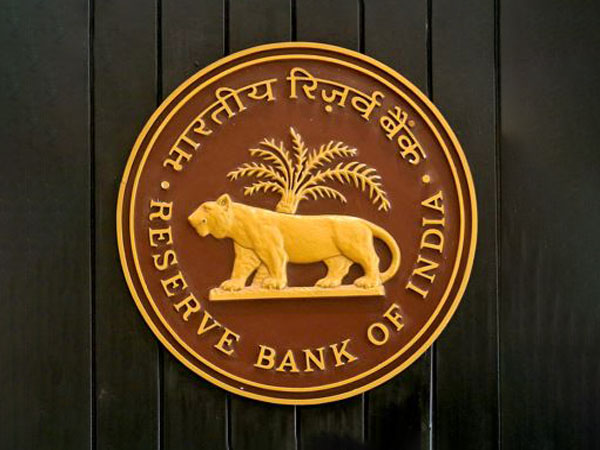
Mumbai: Household consumption in India is set to experience accelerated growth in the second quarter of FY 2024-25, the Reserve Bank of India said in its September Bulletin released on Friday.
The RBI cited the easing headline inflation and a significant revival in rural demand as factors behind the likely revival in household consumption.
The apex bank added that the decline in inflation, particularly in food and essential goods, is giving consumers more disposable income, which is boosting the overall spending power of the people.
Rural areas are witnessing a revival in demand, with increased purchases of fast-moving consumer goods (FMCG) such as healthy lifestyle products.
RBI noted that the revival trend reflects both rising longevity and affluence, as the companies are focusing on premiumisation for younger consumers.
"The demand for fast moving consumer goods (FMCG) is also accelerating as companies target older customers with healthy lifestyle products in response to rising longevity and affluence and younger ones with premiumisation," the RBI added.
In addition to this, the demand boost is being further propelled by the increased hiring activities from e-commerce and logistics companies, particularly ahead of the festival season.
Notably, hiring by the companies is expanding beyond metropolitan areas, reaching Tier 2 and Tier 3 cities.
E-commerce companies are ramping up their workforce in preparation for increased online sales, with logistics hiring rising to support warehousing, transportation, and delivery services.
Telecom, internet service providers, and related industries are also expected to contribute significantly to the employment surge.
RBI added, citing the reports from TeamLease Services that about 62 per cent of companies in these sectors plan to expand their workforce by the end of the year, which will further stimulate household income and spending in the country.
Going further, RBI noted the sluggishness in the agriculture sector in first quarter, however, it added that this was compensated by the manufacturing and services sector.
"The underperformance of agriculture in Q1 was compensated for by a buoyant manufacturing sector and resilient services," RBI added.